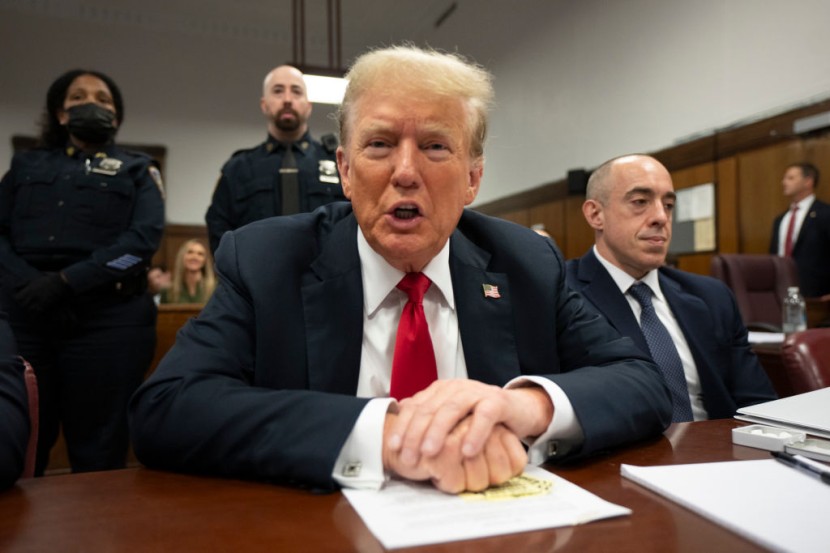
Federal Judge Aileen Cannon rejected the prosecution's request for a gag order in former President Donald Trump's classified documents court case on Tuesday because the prosecutors failed to communicate with the defense before requesting an order from the judge.
Trump is currently awaiting trial in federal court after a grand jury indicted the former president on 40 counts of mishandling classified documents. The indictment followed a Federal Bureau of Investigations probe after federal officials realized that Trump failed to return classified documents at the end of his presidency. The former president has pleaded not guilty on all counts.
Cannon described special counsel Jack Smith's decision to ask for the order on a Friday, before a holiday weekend, without extensive conferral with the defense as "wholly lacking in substance and professional courtesy."
"Because the filing of the Special Counsel's Motion did not adhere to these basic requirements, it is due to be denied without prejudice," Cannon wrote, adding, "it should go without saying that meaningful conferral is not a perfunctory exercise."
Cannon will allow the prosecution to request a gag order, in the future, but only if they first give Trump's team "sufficient time" to read the motion and confer with the prosecution.
Cannon's decision comes as one of the former president's other criminal trials enters its final days. Jurors heard closing arguments, on Tuesday, from the prosecution and defense in Trump's Manhattan hush money trial. Trump was under a gag order for the duration of the Manhattan trial due to what District Attorney Alvin Bragg characterized as a "longstanding history of attacking witnesses, investigators, prosecutors, judges, and others involved in legal proceedings against him."
In issuing the Manhattan gag order, Judge Juan Merchan also noted that the former president had antagonized witnesses and officials during his previous legal battles.
"The consequences of those statements included not only fear on the part of the individual targeted but also the assignment of increased security resources to investigate threats and protect the individuals and family members thereof," Merchan said.
© 2025 HNGN, All rights reserved. Do not reproduce without permission.








